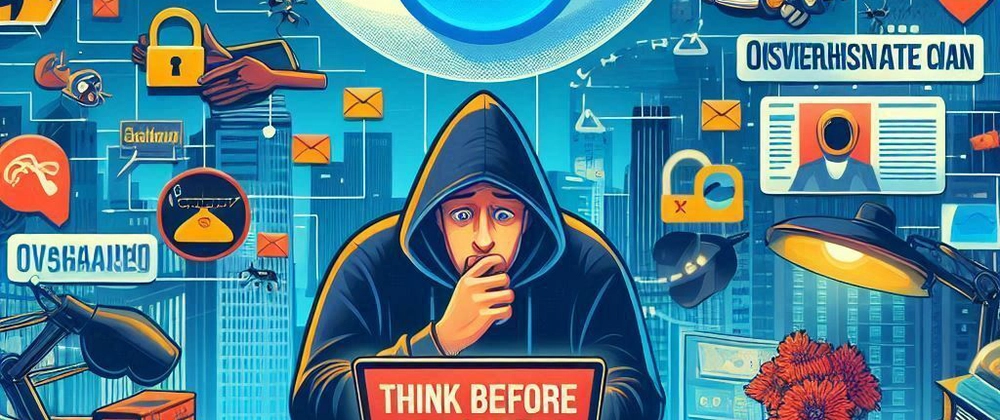We all love sharing our lives on social media, right? That perfect vacation selfie, your morning coffee, and your thoughts on the latest episode of your favorite show. It’s easy to forget that what you share online can be more than just a cute post or a funny update—it can also make you a target for cyber threats.
1. Your Location: A Goldmine for Hackers
We all like to check in at the coolest restaurants or post pictures from exotic vacations. But did you know that sharing your location can make you vulnerable? Hackers can use location data to track your movements, know when you’re away from home, and plan a break-in or other malicious activity.
How to Protect Yourself:
- Turn off location sharing on social media.
- Be careful when sharing photos with geotagging features turned on.
2. Oversharing Personal Information: A Hacker’s Dream
It might seem innocent to post about your birthday, your pet’s name, or the name of your favorite sports team, but this information could be used by cybercriminals to crack your passwords or answer security questions. Think about it: Many security questions (like “What’s your mother’s maiden name?”) are easy to find on social media if you share too much.
How to Protect Yourself:
- Avoid posting answers to common security questions.
- Share only what’s absolutely necessary on your profiles.
3. Phishing Scams: The Perfect Opportunity
Sharing personal details like where you work, your relationship status, or even your hobbies gives scammers the ammunition they need to craft targeted phishing attacks. Phishing emails or messages can look like they come from a friend, your bank, or even a company you trust, and often, they’ll ask you to click on a link or share more personal information.
How to Protect Yourself:
- Never share sensitive information through unsolicited messages.
- Be wary of “too good to be true” offers, especially if they’re asking for money or passwords.
4. Trusting the Wrong People: Impersonation at Its Best
Have you ever received a friend request from someone who seems just a little too familiar? Maybe it’s someone who shares mutual friends or looks like they have common interests with you. But beware! Hackers can create fake profiles that look like they belong to people you know. Once they’re in your network, they can collect even more personal information about you or your contacts.
How to Protect Yourself:
- Always verify who you’re connecting with.
- Keep your friend list tight and only accept requests from people you trust.
5. Identity Theft: It’s Easier Than You Think
The more you share online, the more hackers can learn about you—your address, your job, your family members, your interests, and even your daily routine. Combine all that with a few pieces of personal info, and it’s easy for identity thieves to impersonate you, steal your money, or even apply for loans in your name.
How to Protect Yourself:
- Keep your personal details private and think twice before posting.
- Use privacy settings to control who can see your posts and information.
So, What’s the Takeaway?
Social media is a great way to stay connected with friends and family, but oversharing can expose you to a world of digital threats. By being more mindful of what you post and who you share it with, you can enjoy the benefits of social media without putting yourself at risk.
Remember, not everything that’s fun to share is safe to share. Keep your personal information close to your chest, protect your privacy, and most importantly, stay smart!
Follow Me on WhatsApp Channel
For daily inspiration, motivation, and tips to help you keep moving forward, don't forget to follow me on WhatsApp Channel! Together, we'll stay focused, overcome challenges, and keep working towards our goals. Let's make progress every day and become the best versions of ourselves!



Top comments (0)